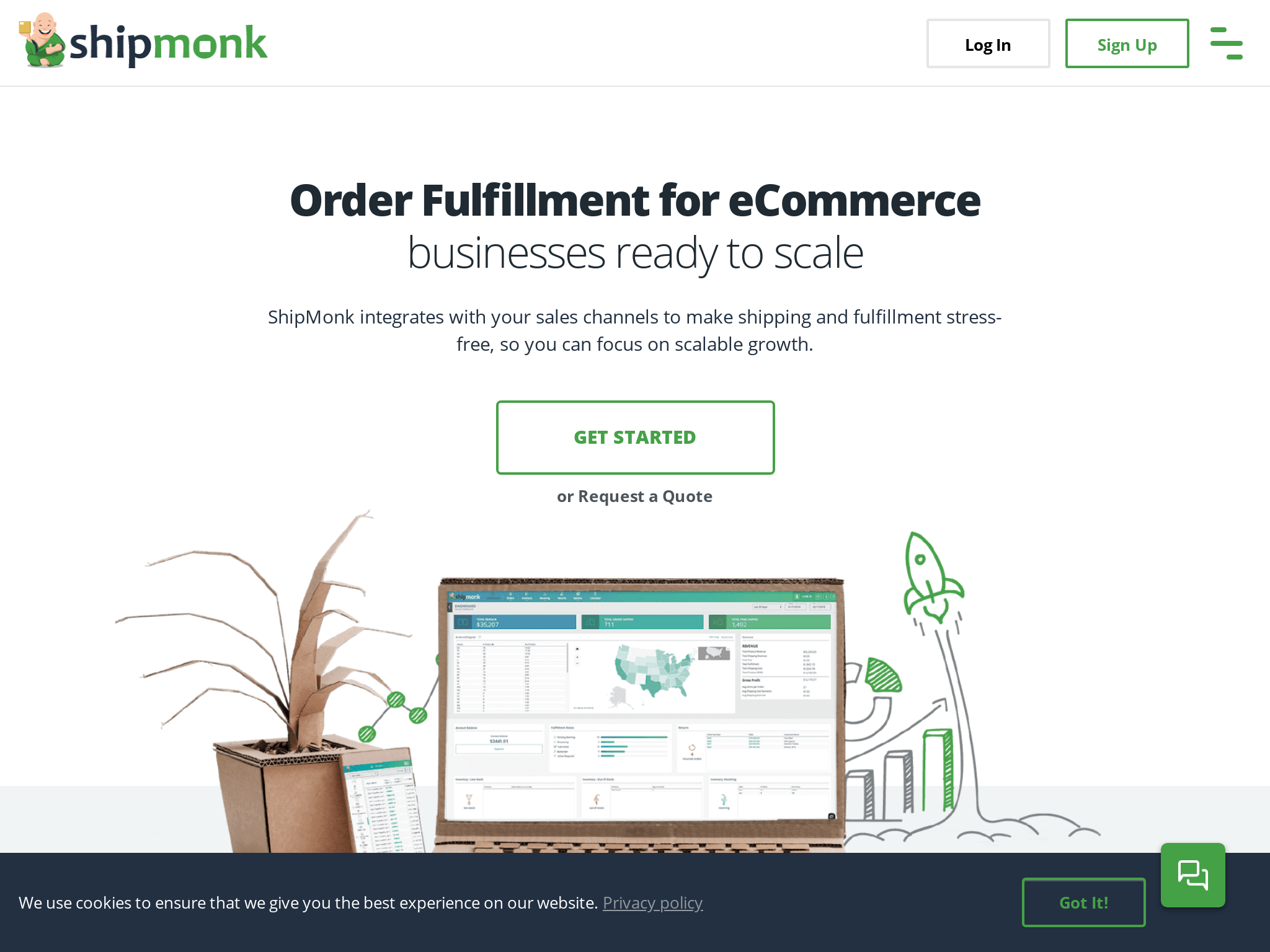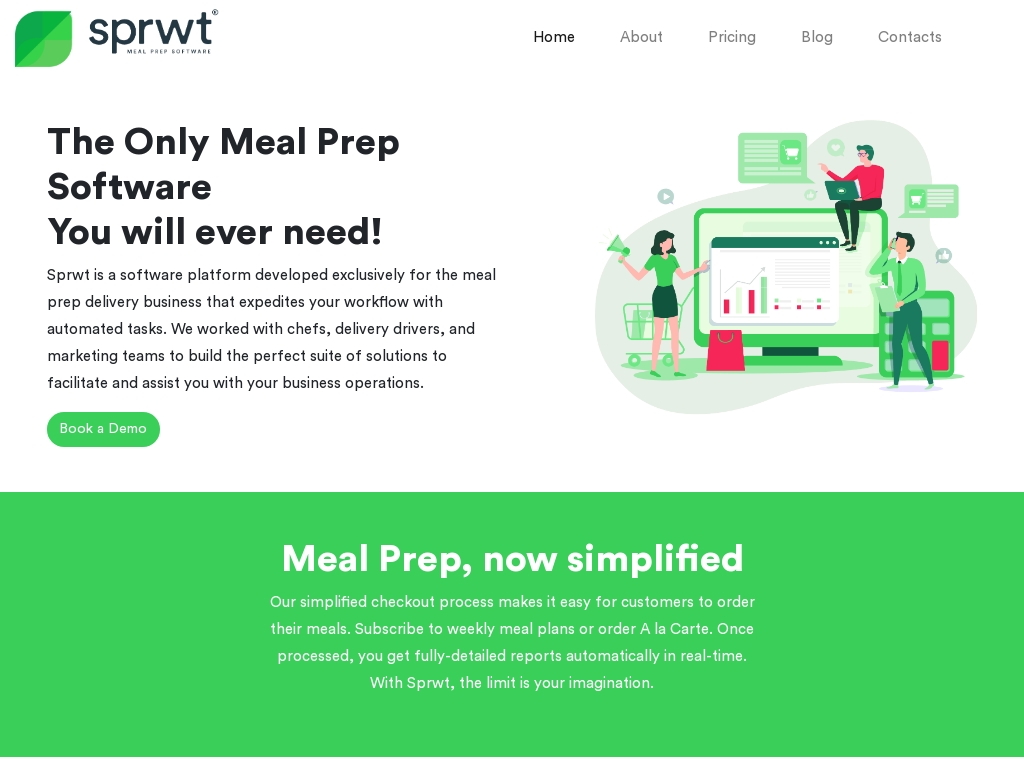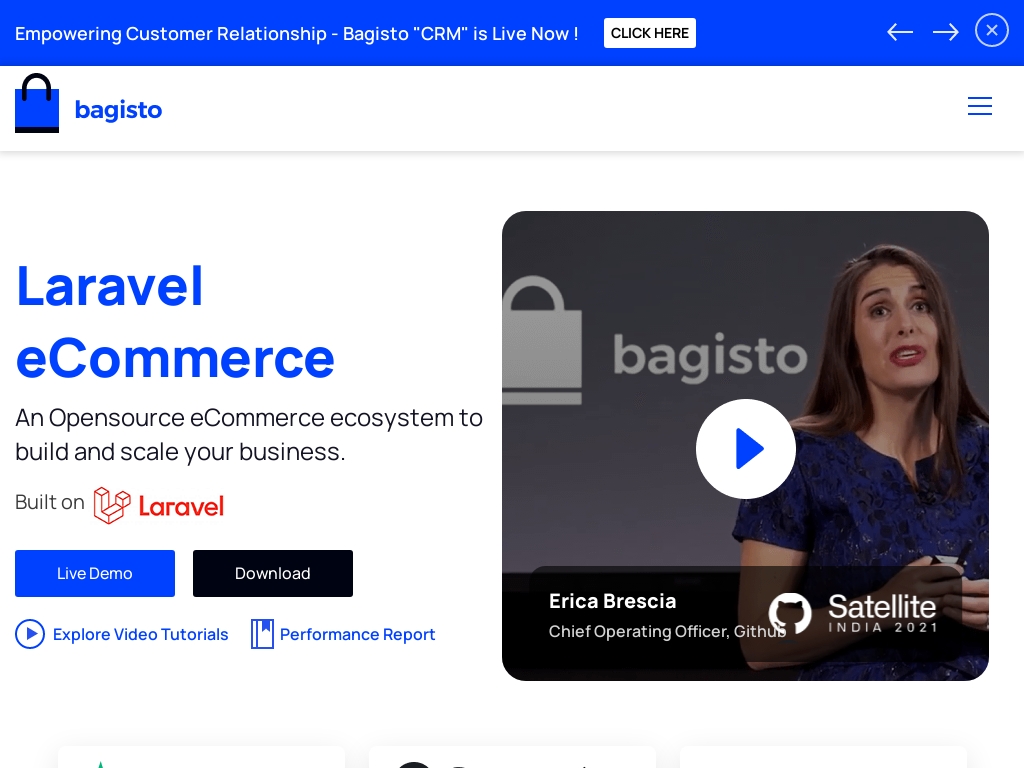
7 Order Management App Success Stories [2025]
Managing orders can be a logistical headache for any business. Enter the order management app—an efficient solution for streamlining all aspects of order processing.
This app enables companies to handle everything from order creation to fulfillment in one centralized platform. Forget spreadsheet chaos and time-consuming manual tracking. With an order management app, you can monitor inventory levels, manage returns, and even automate notifications to customers about their order status.
Simplifying order management means businesses can focus more on growth and less on administrative hassles. Imagine the potential: reduced errors, improved customer satisfaction, and more productive use of your workforce.
For anyone keen to eliminate inefficiencies and scale operations smoothly, developing an order management app presents a compelling business opportunity.
In this list, you'll find real-world order management app success stories and very profitable examples of starting a order management app that makes money.
1. ShipMonk ($300M/year)
Jan Bednar, the CEO and founder of ShipMonk, came up with the idea for his business when he realized the demand for American products from friends and family overseas. He started a package forwarding company called BedaBox, which eventually expanded into order fulfillment after he saw the potential and the need for improvements in the industry. With a focus on technology and automation, Bednar rebranded the company as ShipMonk, revolutionizing the fulfillment industry.
How much money it makes: $300M/year
How many people on the team: 2500


ShipMonk, a technology-driven fulfillment center, went from $130K in revenue in 2014 to nearly $30M in 2018 and was named America's Fastest Growing Fulfillment Center, with projected revenue of $60M for 2019.




2. Sprwt ($1.2M/year)
Sprwt's founders, Michael Rapoport and Rui Marinho, stumbled upon the idea for their business when they were tasked with creating a system for a startup looking to bring healthy meal delivery to Europe. After realizing the market wasn't ready, they returned to South Florida with a software platform and were surprised to find that several companies wanted their system. From there, they built Sprwt, a meal prep software platform that generates over $1 million in revenue per month.
How much money it makes: $1.2M/year
How much did it cost to start: $7.5K
How many people on the team: 9


Sprwt, a meal prep software platform, generated over $1 million in revenue per month by listening to customer feedback and incorporating creative solutions, such as pick-up locations and a route planning system, while also focusing on employee empowerment and training.




3. Workbooks CRM ($600K/year)
John Cheney, CEO of cloud-based CRM platform Workbooks, recognized the issues faced by mid-sized businesses with limited IT budgets and in-house IT teams. Seeing a gap in the market, he developed Workbooks to provide a cost-effective solution that offers a comprehensive range of functionalities typically found in more expensive platforms like Salesforce or Microsoft Dynamics. With an initial investment of £2 million and ongoing support from Angel Investors totaling £8 million, Workbooks has grown to serve over 1,400 customers across 30 countries.
How much money it makes: $600K/year
How much did it cost to start: $1M
How many people on the team: 55


Workbooks CEO, John Cheney, shares how he identified a gap in the market for affordable CRM solutions for mid-sized businesses and, after raising over £8m in seed capital, expanded globally, serving over 1,400 customers across 30 countries.




4. Bagisto ($600K/year)
Saurav Pathak, the Chief Product Officer of Bagisto, came up with the idea for the open-source e-commerce platform after realizing there was a huge gap between demand and supply for platform-driven e-commerce solutions. With the goal of making it simple for developers to create their own online stores, Bagisto has generated over $1 million in revenue and has a user base of 200,000.
How much money it makes: $600K/year
How much did it cost to start: $10K
How many people on the team: 47


Open-source e-commerce platform Bagisto has generated over $1 million in revenue in the past four years, with $350,000 annual recurring revenue for the past two years, has over 70,000 downloads, 5,000 Github stars, 5,000 community members globally, and over 150 contributors enhancing its features.




5. Ladels ($240K/year)
Muamer Avdic, Founder and CEO of Ladels.com, came up with the idea for his business after struggling to find affordable shipping and advertising options as a small online seller. He realized the opportunity to provide online sellers with a platform to manage and ship their orders, while also allowing them to advertise on their shipping labels. Since launching in December 2020, Ladels has brought in $10,000/month in revenue and is rapidly growing its user base.
How much money it makes: $240K/year
How much did it cost to start: $50K
How many people on the team: 4

Ladels.com's founder created a digital platform offering online sellers to manage and ship their orders from different carriers all on one dashboard, bringing in $10,000/month in revenue since launching in December 2020, with a focus on developing full label customization and integrations with more eCommerce marketplaces and carriers.




6. Maynuu ($36K/year)
Aaron, the GM of Maynuu, came up with the idea for their business out of frustration with how big food delivery platforms were charging exorbitant fees to small restaurants. He wanted to create a tool that would help small restaurant owners make more money online. He connected with Wafiq, the CEO of Maynuu, who had a similar idea to help his brother's café business. They merged their projects and launched Maynuu, which has seen significant growth, making about $4,300 last month and growing about 200% in the last year.
How much money it makes: $36K/year
How much did it cost to start: $500
How many people on the team: 4


Maynuu helps small restaurant owners streamline their online ordering process, making an average monthly revenue of $3,050 in the past 12 months and growing about 200% throughout the pandemic, with plans for Southeast Asian expansion and global distribution.




7. SuperJack ($1.4K/year)
The founder discovered that many merchants using Squarespace forums and Facebook groups were requesting to receive orders directly to a Google Sheet without the need for manual exporting every day or week. After conducting some research, he came across a no-code tool that allows users to connect and automate repetitive tasks using different APIs. He recommended the tool and realized the high demand for it, which led him to create his own tool.
How much money it makes: $1.4K/year
How much did it cost to start: $2K
How many people on the team: 1


SuperJack, a Squarespace extension for eCommerce owners, was launched 30 days ago, and is currently at $117 MRR with 14 users, and the founder shares his process of building the business from identifying the problem to developing and launching the product.





Download the report and join our email newsletter packed with business ideas and money-making opportunities, backed by real-life case studies.

Download the report and join our email newsletter packed with business ideas and money-making opportunities, backed by real-life case studies.

Download the report and join our email newsletter packed with business ideas and money-making opportunities, backed by real-life case studies.

Download the report and join our email newsletter packed with business ideas and money-making opportunities, backed by real-life case studies.

Download the report and join our email newsletter packed with business ideas and money-making opportunities, backed by real-life case studies.

Download the report and join our email newsletter packed with business ideas and money-making opportunities, backed by real-life case studies.

Download the report and join our email newsletter packed with business ideas and money-making opportunities, backed by real-life case studies.

Download the report and join our email newsletter packed with business ideas and money-making opportunities, backed by real-life case studies.










